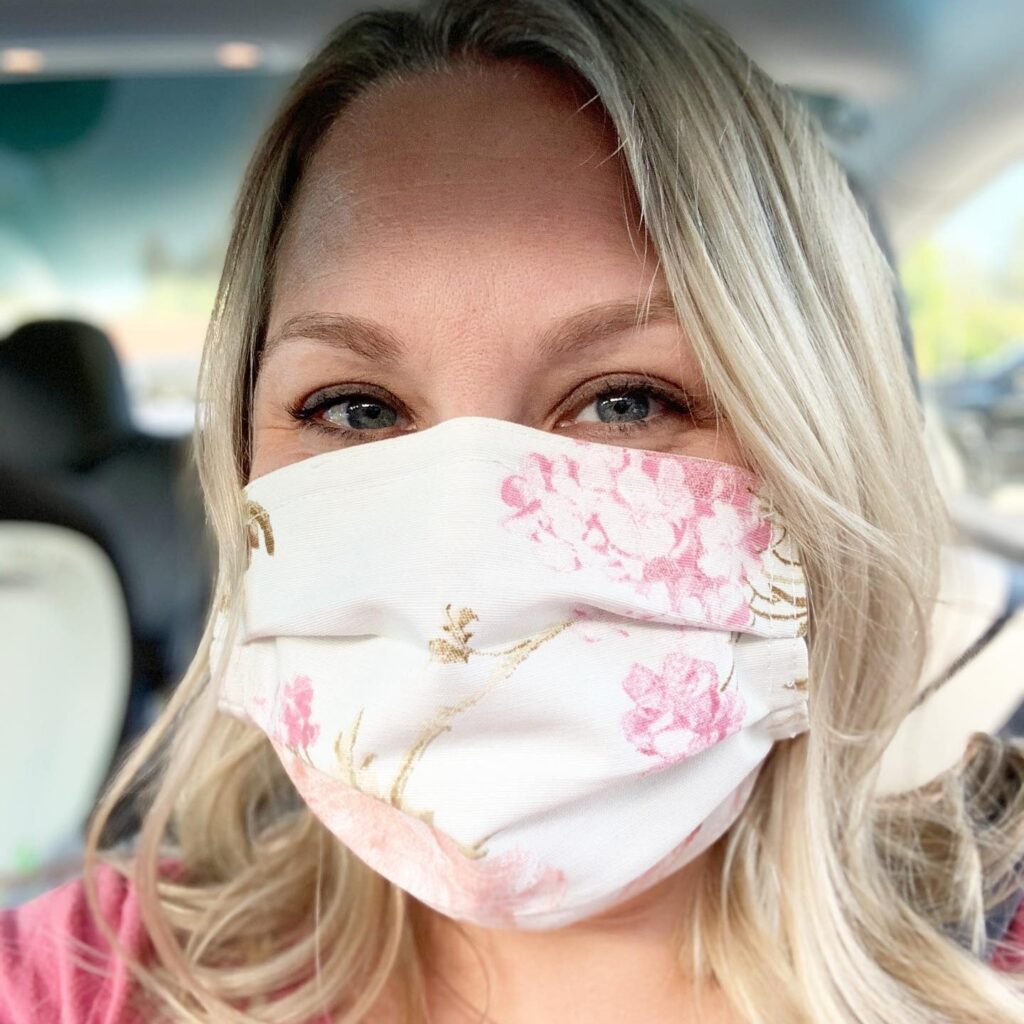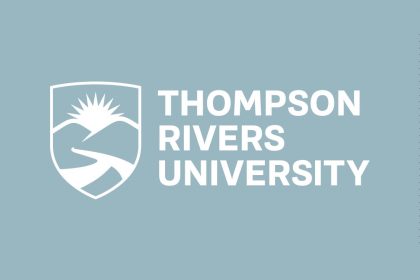Over the years individuals from institutions and organizations across British Columbia have taken Facilitating Learning Online (FLO) to the next level by participating in the Facilitator Development/Mentorship program and co-facilitating one or more of the FLO courses. If you are thinking about adopting FLO courses at your institution, these are the people who can help!
What got you started on this path to becoming a FLO facilitator and mentor?

Shortly after the pandemic began, I realized that I was going to have to figure out very quickly how to teach online. Before snəw̓eyəɬ leləm̓ (Langara College) made the official announcement that we were going to pivot to remote learning, I shifted my first-year art history courses to be delivered primarily through Brightspace, our LMS. The transition was relatively smooth because I was already using a “flipped classroom” model and accessible open educational resources (OER). After the semester ended, I learned everything I could about facilitating learning online, completing a certificate in eLearning, participating in webinars, and even practicing using new tools like Zoom with friends and family. It was a steep learning curve, but when you spend an entire summer forced into teaching online, you learn quickly what works and what doesn’t. In the fall, a colleague recommended me to BCcampus, and I jumped at the chance to share what I had been trying to do in my classes with others.
What experience and expertise do you bring to this new support role of helping others to adopt and/or facilitate FLO courses?
For over ten years, I have taught art history at several post-secondary institutions in B.C. and throughout Canada. In 2018, I completed the Provincial Instructor Diploma Program at VCC, and during the program, I became fascinated with the scholarship of teaching and learning, especially how it can be applied to how we think about our work as art historians inside and outside the classroom. This interest in creating real change in the discipline made me curious about open educational practices, and shortly after, I joined the Open Education Group as a Research Fellow to study the impact of OER on the cost of education and student success outcomes, as well as the patterns of usage and perceptions of OER. At the same time, I co-founded Open Art Histories, a collective of Canadian art historians and museum studies scholars focused on building a generative and supportive national network for addressing the pressing pedagogical challenges facing our disciplines.
Additionally, another exciting pedagogy project I am working on looks at how the pandemic-driven pivot to remote teaching and learning provides the opportunity to consider how post-secondary education can be more innovative. The goal of this collaborative, critically reflective work is to get a clearer image of how students, faculty, and administrators and leadership have experienced the pivot, in order to improve pedagogical practices that encourage accessibility and inclusion. I am curious and always want to know more! I love to learn myself and hope to bring my passion for innovative practices and inclusive perspectives to FLO courses.
How can people contact you?
Email me at abuis@langara.ca, visit my home page, or see my Instagram @buisalena or Twitter @alenabuis.
